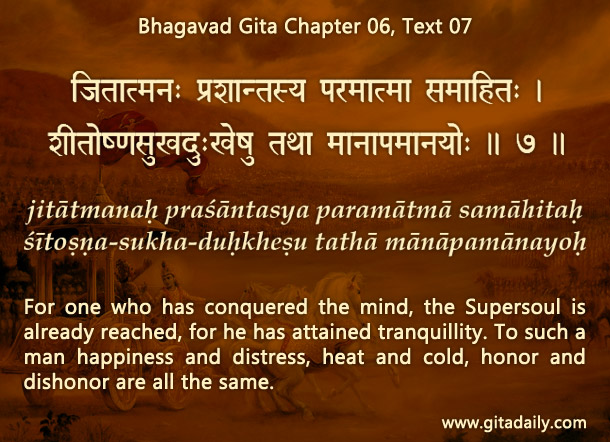Suppose A suggests to B: “Buy this.” If B buys and then finds that the product is of poor quality, then if A recommends something again, B will be more critical in evaluating the recommendation. If repeatedly, A’s recommendations turn out to be misleading, then B will become even more critical. Such criticality is a sign of intelligence. If B keeps acting on A’s recommendations, such lack of criticality would be incredible and delusional.
Unfortunately, we ourselves exhibit such gullibility in our dealings with our mind. It constantly gives us various unworthy ideas: “Eat this; you will enjoy” “Watch that; that’s so enjoyable.” “Touch that – there’s so much pleasure there.” We obediently follow the mind’s suggestions and yet never does the actual experience live up to the mind’s portrayal; the pleasure turns out to be a damp squib at best. On many occasions, what we get is not pleasure, but trouble – trouble that may torment us for a long time, either in terms of addictive cravings or karmic consequences for our reckless indulgences. And yet despite its track record of having repeatedly misled us, even betrayed us, we keep accepting its proposals whenever they come up.
Why are we so uncritical and gullible? A primary reason is that the mind is inside us – so, we tend to mistake its ideas to be our ideas.
By studying Gita wisdom, we get a penetrating torchlight to see our inner territory and to identify the mind. More importantly, we also discern the presence of Krishna, our greatest well-wisher. The Bhagavad-gita (06.07) indicates that when we fix our consciousness in his remembrance and service, we can resist the dualities induced by the mind. When we thus tame and transform the mind, we can make choices that further our all-round well-being.
To know more about this verse, please click on the image
Explanation of article:
Podcast:
Download by “right-click and save”


Leave A Comment